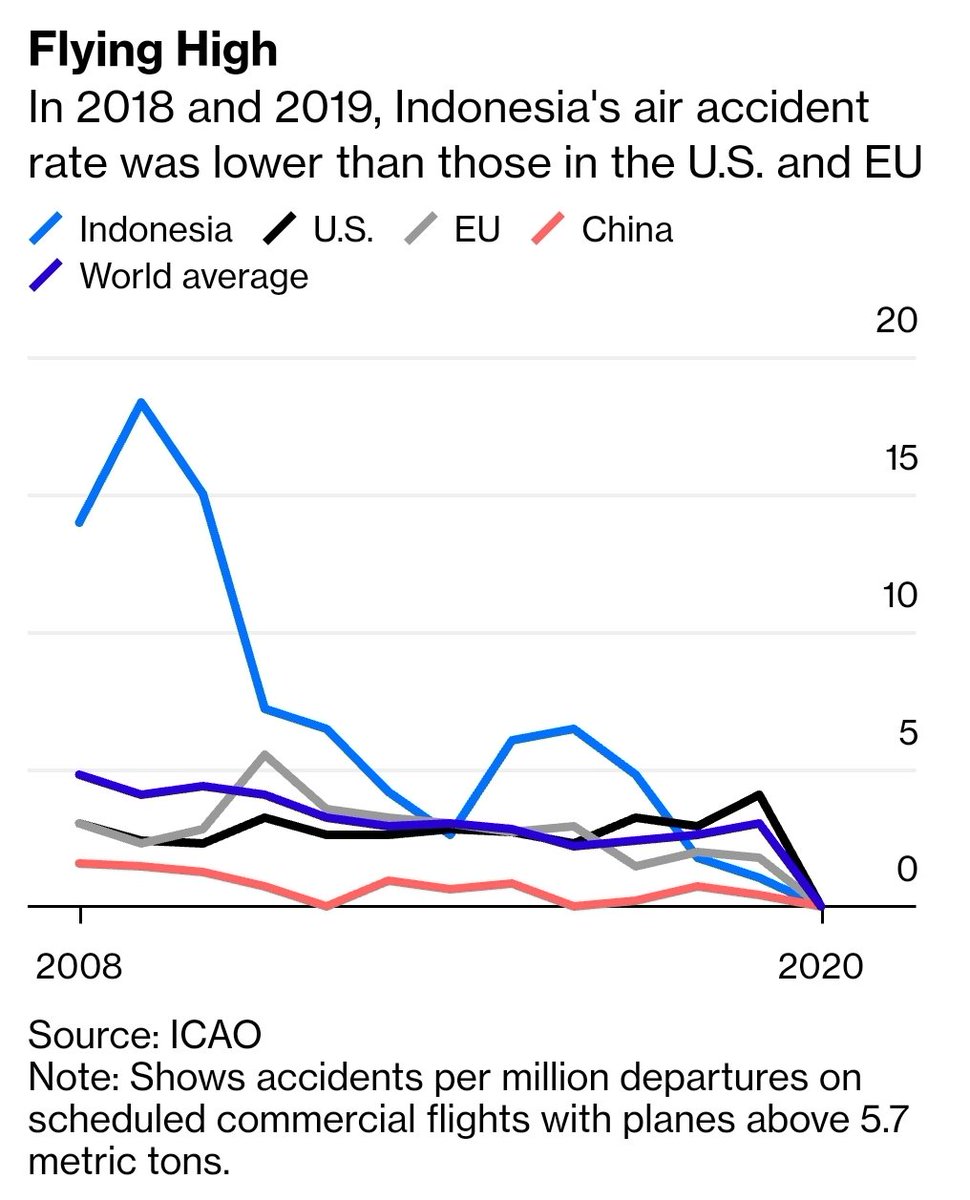
This is very interesting. Look forward to reading the whole thing.
IMO, a lot of people are far too credulous about self-reported public opinion data taken in authoritarian countries.
IMO, a lot of people are far too credulous about self-reported public opinion data taken in authoritarian countries.
https://twitter.com/baggottcarter/status/1349423535521873924
This fascinating study by @junyanjiang found evidence that people whose stated opinions about government grew more positive after a 2006 purge of a Shanghai official in fact had *more negative* views if you looked at less sensitive, hot-button questions:
junyanjiang.com/uploads/5/8/1/…
junyanjiang.com/uploads/5/8/1/…
@JunyanJiang "50% believe their form of govt is best" would still be very popular by any normal standards. But it wouldn't be the overwhelming 80%+ support that a lot of standard surveys indicate, and which IMO we should treat with a lot more scepticism.
@JunyanJiang You rarely see those sorts of levels of support anywhere, for anything, so I think there's a fairly high burden of proof for believing they're correct rather than the result of preference falsification.
• • •
Missing some Tweet in this thread? You can try to
force a refresh










